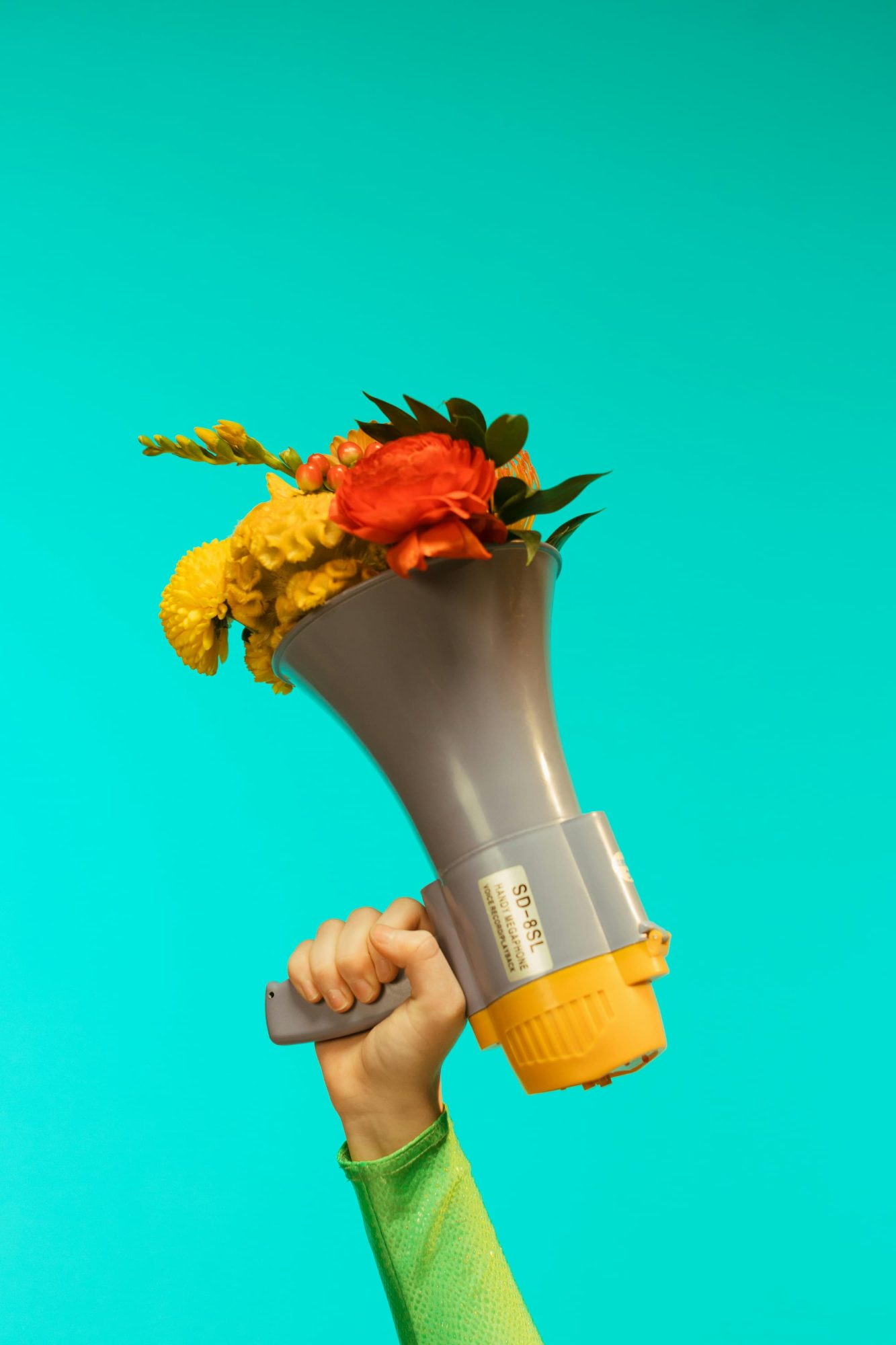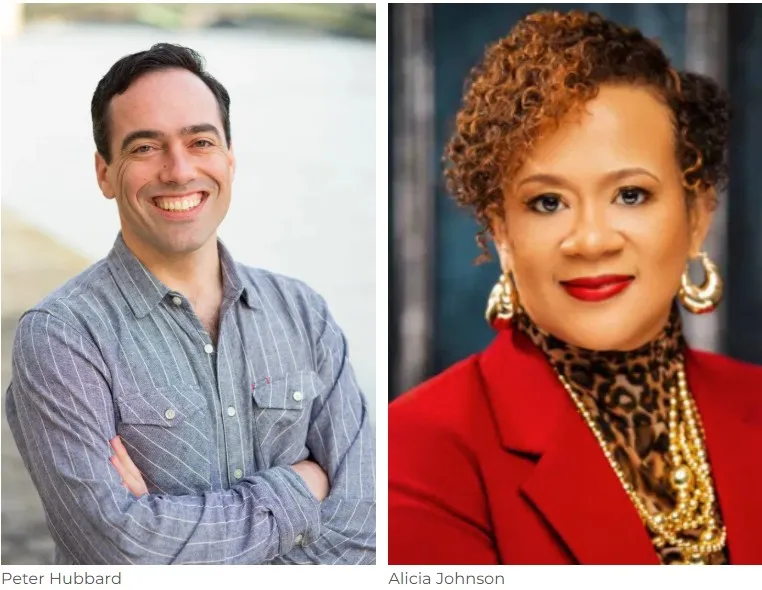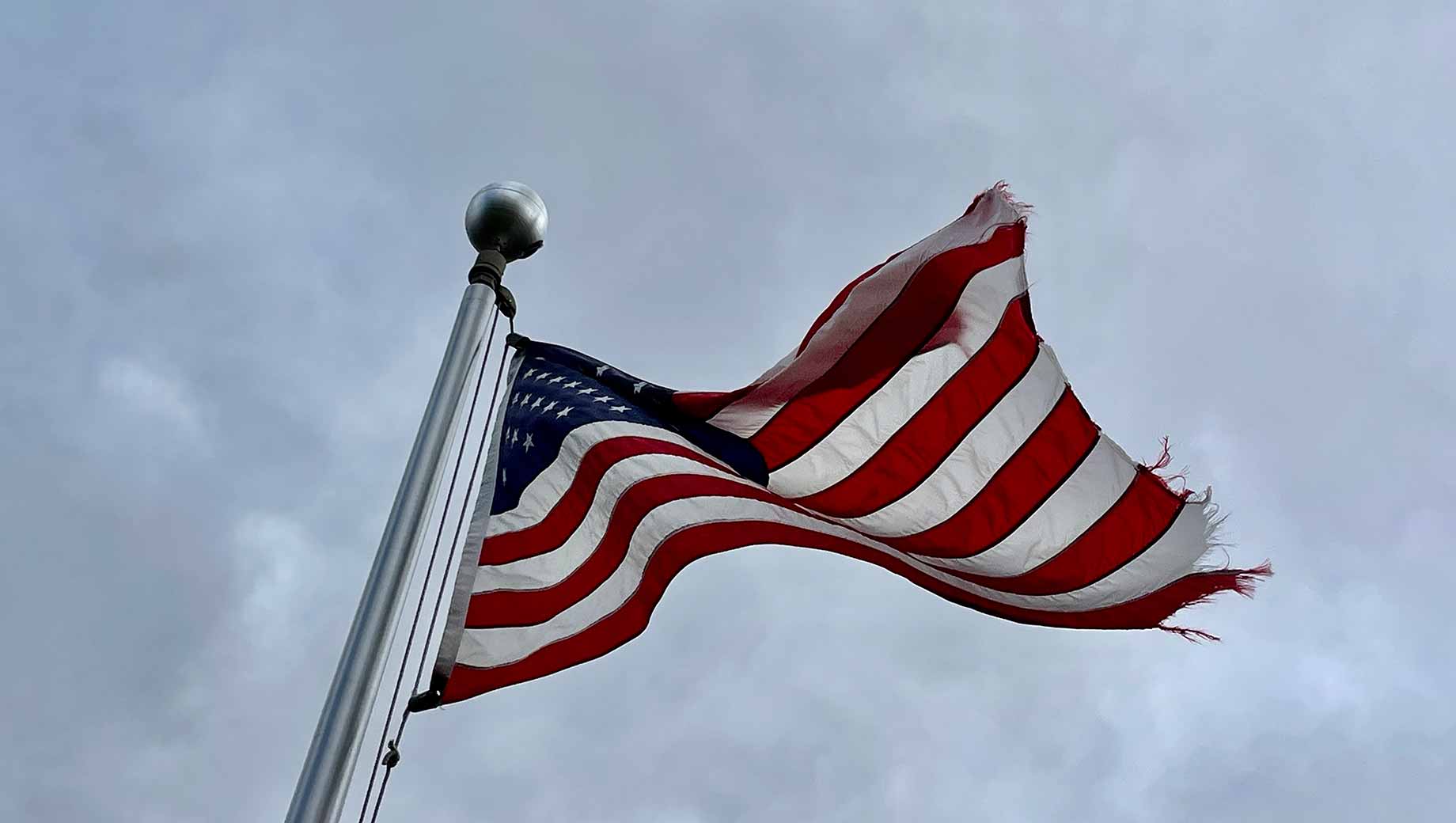
New Engagement PAC
Who We Are
New Engagement PAC is committed to building the working-class coalition of the future in Georgia. To do so, Democrats must reach voters early, listen to them, and use trusted messengers. We must make working class Americans interested in voting for Democrats again.
Americans’ levels of trust in institutions – the media, advertising, government – is the lowest it’s ever been. As a result they increasingly tune out of politics, unsure where to turn for trusted sources and more-susceptible to mis- and disinformation. This makes these voters less-likely to turn out for the party promising government solutions and more-likely to vote for the party that promises to tear down those institutions. Voters increasingly say they only trust friends and family for their political information. In 2024 voters’ news consumption correlated directly with their vote choice: Harris won voters attuned “a great deal” or “a lot” to the news; Trump won everyone else. Erza Klein: “The hardest divide to cross isn’t left vs. right. It’s interested vs. uninterested.”
New Engagement PAC believes in order to regain the working class voters Democrats need for a long-term governing coalition we must change how we communicate.
By the Numbers
Our Program
Americans’ levels of trust in institutions – the media, advertising, government – is the lowest it’s ever been. As a result they increasingly tune out of politics, unsure where to turn for trusted sources and more-susceptible to mis- and disinformation. This makes these voters less-likely to turn out for the party promising government solutions and more-likely to vote for the party that promises to tear down those institutions. Voters increasingly say they only trust friends and family for their political information. In 2024 voters’ news consumption correlated directly with their vote choice: Harris won voters attuned “a great deal” or “a lot” to the news; Trump won everyone else. Erza Klein: “The hardest divide to cross isn’t left vs. right. It’s interested vs. uninterested.”
Even as poll-after-poll shows Democratic economic policies more-popular than Republicans’, knowledge of these policies and who supports them diminishes. These issues are particularly-acute with the New American Electorate: young people and people of color. Democrats lost the most-ground with voters of color, both because of our voters switching to Republicans and turning out at lower rates. In Georgia for example, the only group to experience a drop in turnout rates between 2020-2024 were Black Georgians; if 2024 turnout rates had risen as much among Black Georgians as White Georgians, it would have almost-completely erased Trump’s margin of victory.
What We’re Fighting For
September 2024 though Election Day 2024
Phase 1
We’ll begin by communicating directly with the “Harris Registrants,” priming their post-election communication.
Post-election 2024 through June 2025
Phase 2
We’ll collect vote history from the Georgia Secretary of State, solidify our persuadable and potential new voter universes, and immediately launch post-election communication to both of our key targets.
July 2025 through November 2025
Phase 3
During this phase we’ll scale our field and digital program. We’ll also add new 2025 registrants, replacing non-voters with key new midterm targets, and plan another three passes through this larger universe.
The Latest

Latest News · RESEARCH
Georgia Public Service Commission
Read about our program in DeKalb County that helped drive Alicia Johnson’s and Peter Hubbard’s victories. Georgia held a statewide special election in November 4th 2025 for two seats on the Public Service Commission, which had been held exclusively by Republicans. New Engagement used these elections as a unique mobilization and persuasion opportunity, as data […]

Latest News · RESEARCH
What Political News Engagement Tells Us About Donald Trump’s Victory
Donald Trump won the 2024 election over Kamala Harris, and now analysts are searching for answers. There’s no shortage of takes — some probably right, some definitely wrong, and plenty from people just using the results to confirm their own priors. For us, one factor was difficult to ignore: how closely voters paid attention to […]

Latest News